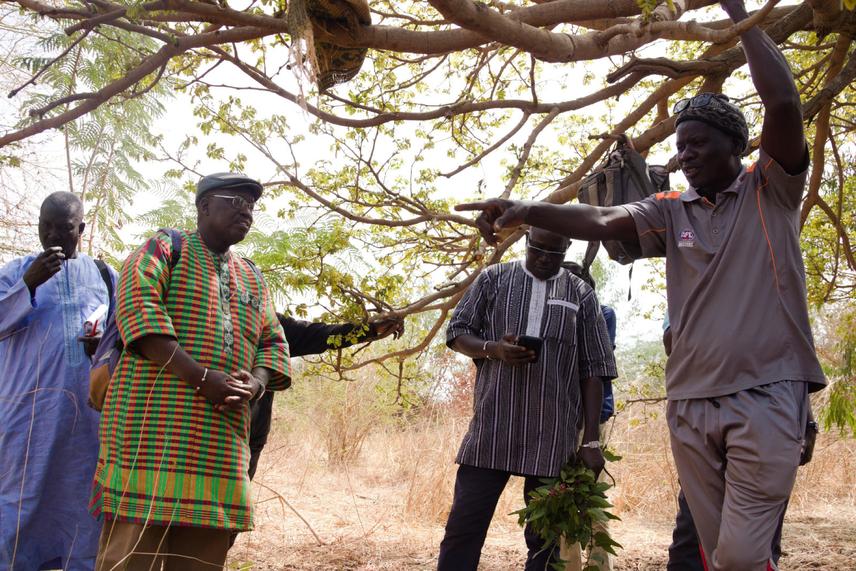Keaton Sawyer Scanlon
This project aims to assist in efforts of documentation and preservation of ethnobotanical knowledge unique to the Sáfene people of Thiafoura, a small village located in the Petit Cote of Senegal.
Currently, high rates of deforestation, mostly stemming from firewood collection and clearing land for building, has led to a delicate moment in the ecosystem of Senegal’s Petite Cote. Many trees that have been used traditionally for medicine, food or fodder are becoming sparse, and, and the elders that hold ancestral knowledge in how to grow, harvest and prepare them are becoming older, often without a clear inheritor of this knowledge. With many youth deciding to step away from the seasonal farming of their ancestors in place of pursuing education, paid work, or illegal immigration, has come a decreased importance placed on this knowledge. Additionally, societal health has seen a dramatic increase in chronic issues in recent years, as the continued effects of colonialism and imperialism has shifted diets largely away from traditional, locally sourced food in place of industrially produced and imported foods.
Recognizing these interconnected challenges, this initiative aims to bridge the gap between conservation and human well-being by documenting, preserving, and utilising ethnobotanical knowledge, for use by the community. By deepening understanding of the cultural and ecological importance of native plant species, the project seeks to foster stewardship among community members and promote sustainable practices benefiting both the environment and human health.

A meeting with elders and traditional knowledge keepers in the village of Thiafoura, Senegal. ©B. Gielge.
Acknowledging the discipline of anthropology as having a complex and often problematic history, this research aims to take a grassroots, community-led approach. Proposed research will systematically document local ethnobotanical knowledge (including traditional use, preparation and conservation methods), focusing on plants that community members deem to be culturally significant and important for preservation for future generations. Research will also explore the specific optimal conservation conditions of a select number of plants in threat of disappearance from the landscape. Additionally, working in community-owned spaces within the village, this project proposes to work with Thiafoura community members, especially women, to establish and tend a seed bank and herbarium, as a means to safeguard these plants and their ecosystems for use now and in the future.
This research project offers a place of deepened knowledge, discussion and education around traditional medicine in the Petit Cote region of Senegal. This generous funding through the Rufford Foundation is only one step in a lifelong work dedicated to the conservation of biodiversity, the preservation of cultural heritage, and the promotion of sustainable livelihoods.
Header: A local baobab (Adansonia digitata), identified as being one of the sacred baobab's of the area. ©E. Diop.